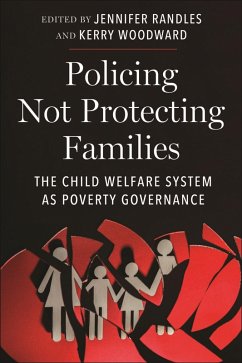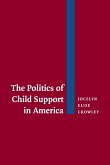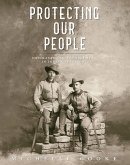"Policing Not Providing: The Child Welfare System as Poverty Governance critically analyzes how the U.S. child welfare system surveils and polices poor families, especially poor Black and Native families, rather than meeting families' basic needs or protecting children from harm"--
Hinweis: Dieser Artikel kann nur an eine deutsche Lieferadresse ausgeliefert werden.
Hinweis: Dieser Artikel kann nur an eine deutsche Lieferadresse ausgeliefert werden.








